- Sponsored Content
 Many rules for personal finance success remain the same wherever in the world you are. However, there are ways to ensure that when you move on from Singapore and return ‘home’, you have more than some hazy memories and a Chinese sideboard to take with you. David Reynolds, Partner, Select Investors shares some tips on how to keep on top of your finances while living an expat life overseas.
Many rules for personal finance success remain the same wherever in the world you are. However, there are ways to ensure that when you move on from Singapore and return ‘home’, you have more than some hazy memories and a Chinese sideboard to take with you. David Reynolds, Partner, Select Investors shares some tips on how to keep on top of your finances while living an expat life overseas.
#1: Save 20% of your income
You now live in Singapore, and you’re probably paying less income tax than you are used to, or than you would in Australia, New Zealand, UK, or many other countries. Don’t let that opportunity pass you by. It’s easy to ‘increase your lifestyle’ when receiving this ‘pay rise from the inland revenue’. The people who are the most successful with their finances will be saving the extra funds and accelerating their wealth building. If you can, don’t stop at 20%, but it is a great rule of thumb.
#2: Mind the gap
Unless you’re a Singapore Citizen or PR, you likely won’t have any automatic retirement savings, such as a Superannuation or Pension. These are often the prime earning years of your life, don’t let a gaping hole appear in your compounding growth of retirement savings. Plug that gap, and make sure you’re putting those monies that would be invested back home into investments.
#3: Be mindful of your future tax
One of the many brilliant things about living in this island city-state is the opportunity to invest and make capital gains without liability for capital gains taxes. When you leave Singapore, this will no longer be the case and you will be likely back to a more onerous regime. Depending on where you’re heading next there could be an opportunity to protect those tax-free benefits for the long-term, and even for succession planning. The earlier in your time here that you start, the better, don’t leave it too late and regret not doing it earlier. Maximise all tax-efficiencies for the long-term as early as possible.
#4: Manage your company shares risk
Many people receive share awards as part of remuneration. After a few years this can build significantly and become a major part of your overall net worth. It’s important to divest periodically to avoid the concentration risk of relying on the performance of one company, whomever they may be. They pay your income and are responsible for your net worth, what would happen if it all ended?
#5: Avoid the high risk, be patient
With the ease of setting up trading accounts these days, everyone is an armchair tipster and it’s tempting to try to get rich quickly, by taking too much risk. It’s best to avoid buying and selling individual shares, and definitely very dangerous to use leverage (like CFDs – Contracts for Difference) or Foreign Exchange Trading, as the risk scale becomes incredibly high and probability states that you will lose more than you make. It will take too much time, energy, and stress. Invest in more diverse strategies that are likely to make you rich, slowly, like mutual funds or passive index funds.
#6: Don’t buy the future family residence too early
It’s tempting, and once you start looking, it’s amazing how you find that ‘one’ that you must buy. It likely won’t provide you with the best yield and being a cost centre and tax burden that you don’t need. Save buying the property until you are moving back or have actually moved home. It will save you money and stress.
#7: Don’t move your money using the bank
Your bank can take advantage of your loyalty. They generally do not offer you the best exchange rates, even if you are a ‘premier’ customer. Don’t fall for ‘zero commission’ marketing, as no broker charges commissions. Banks and brokers make their money at the spread between where they buy the currency, and then sell the currency to you. Shop around different brokers and get the best deal.


The value of an investment with St. James’s Place will be directly linked to the performance of the funds selected and may fall as well as rise. You may get back less than the amount invested.
The levels and bases of taxation and reliefs from taxation can change at any time. The value of any tax relief depends on individual circumstances. You are advised to seek independent tax advice from suitably qualified professionals before making any decision as to the tax implications of any investment.
The ‘St. James’s Place Partnership’ and the titles ‘Partner’ and ‘Partner Practice’ are marketing terms used to describe St. James’s Place representatives. Members of the St. James’s Place Partnership in Singapore represent St. James’s Place (Singapore) Private Limited, which is part of the St. James’s Place Wealth Management Group, and it is regulated by the Monetary Authority of Singapore and is a member of the Investment Management Association of Singapore and Association of Financial Advisers (Singapore). Company Registration No. 200406398R. Capital Markets Services Licence No. CMS100851. St. James’s Place Wealth Management Group Ltd Registered Office: St. James’s Place House, 1 Tetbury Road, Cirencester, Gloucestershire, GL7 1FP, United Kingdom. Registered in England Number 02627518.
Please contact [email protected] for more information.


 The holy month of Ramadan marks the lead-up to Hari Raya and kicks off this year‘s
The holy month of Ramadan marks the lead-up to Hari Raya and kicks off this year‘s 

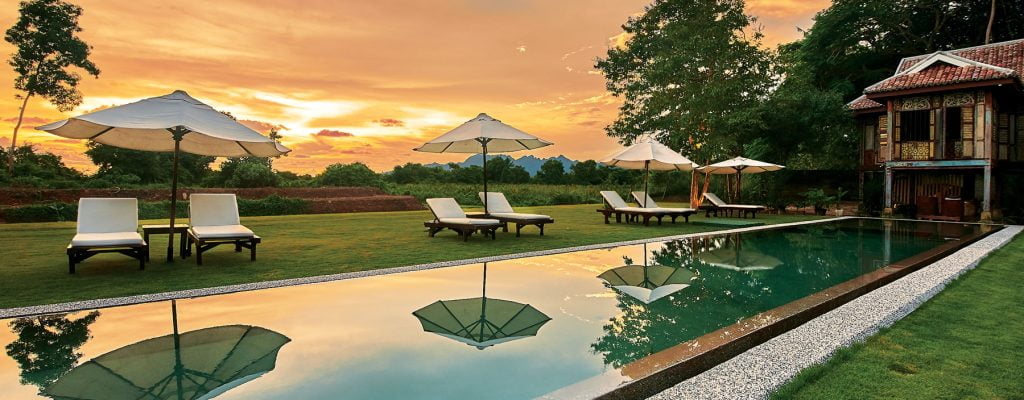 Langkawi is always a good idea. Less than a two hour flight from Singapore, it’s a stress free destination and favourite of the long-weekend crew looking for a fly’n’ flop. But away from the alluring beaches, there’s a whole world of historical, biological and cultural heritage, and
Langkawi is always a good idea. Less than a two hour flight from Singapore, it’s a stress free destination and favourite of the long-weekend crew looking for a fly’n’ flop. But away from the alluring beaches, there’s a whole world of historical, biological and cultural heritage, and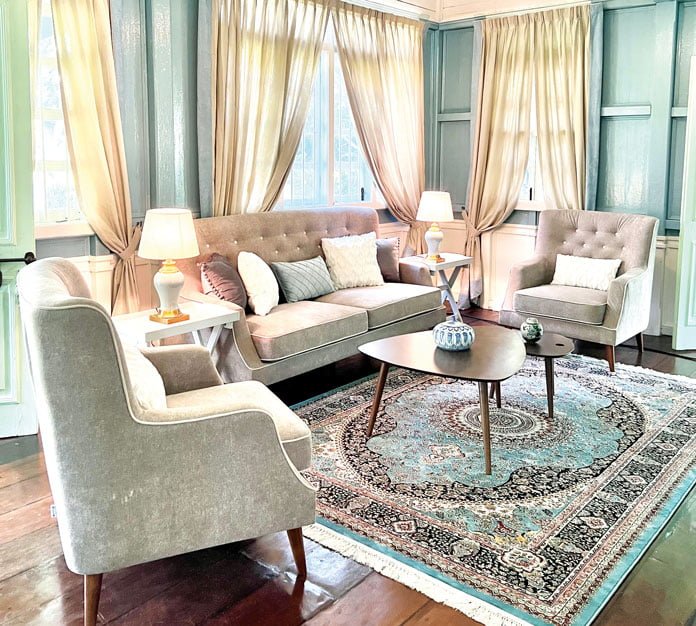
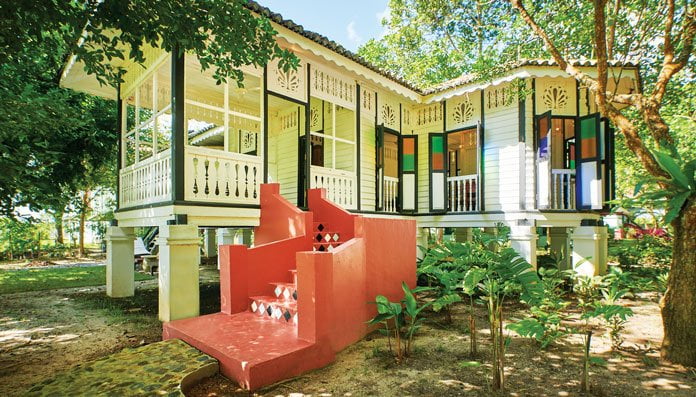
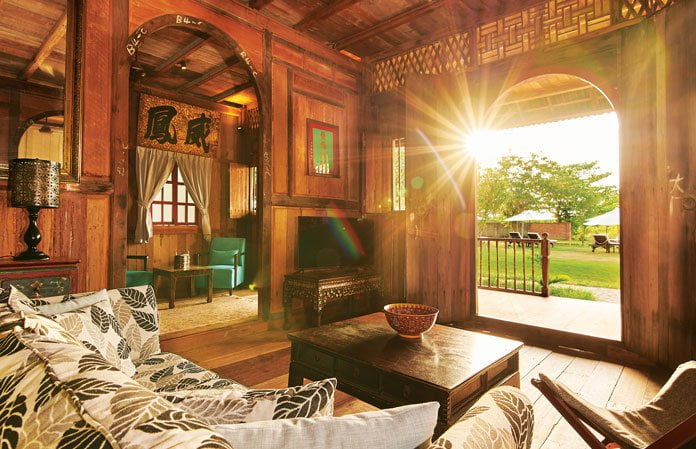
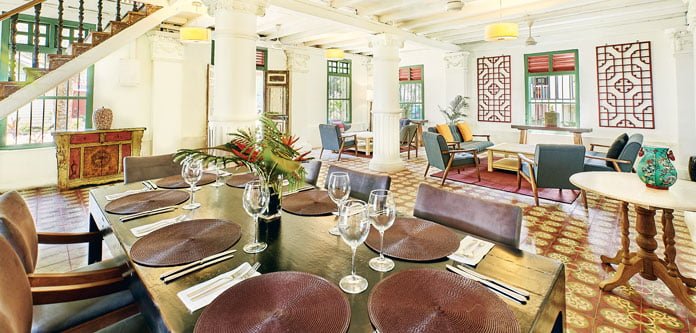
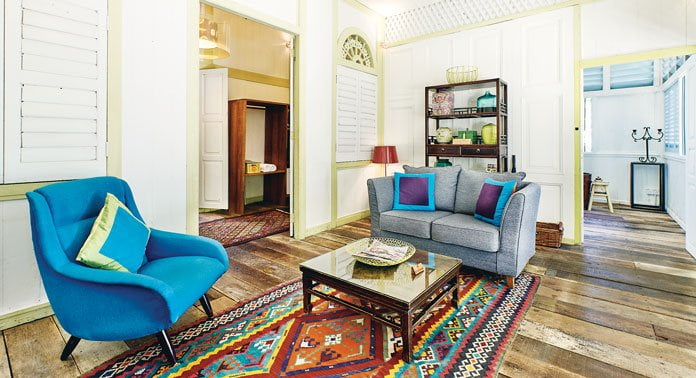
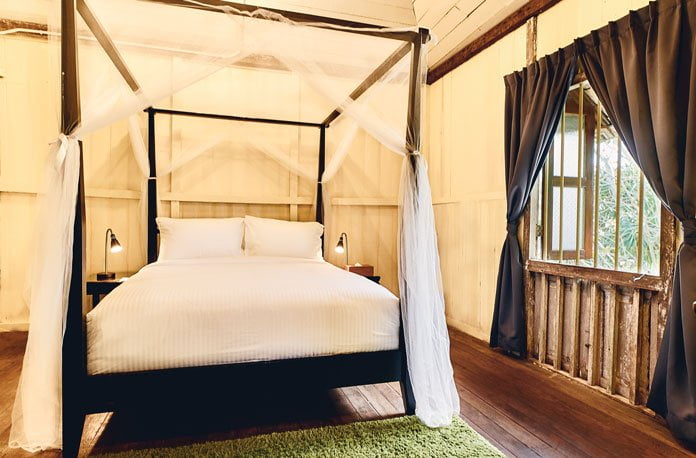
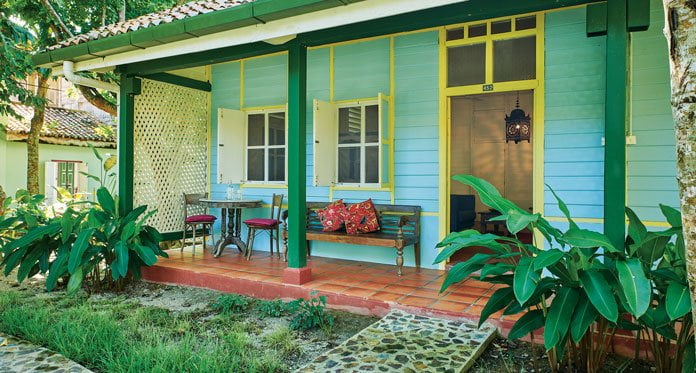
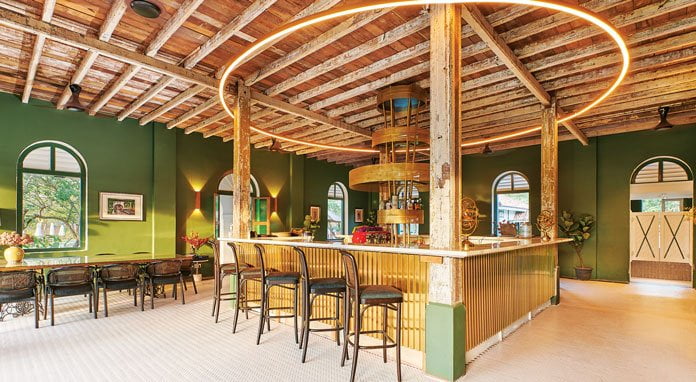
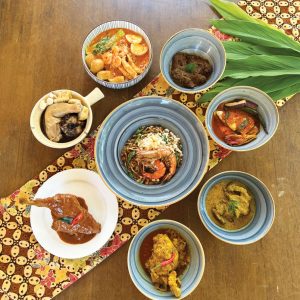

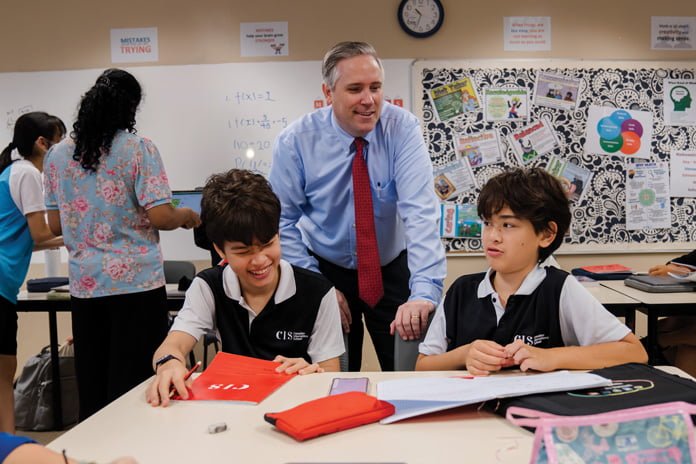
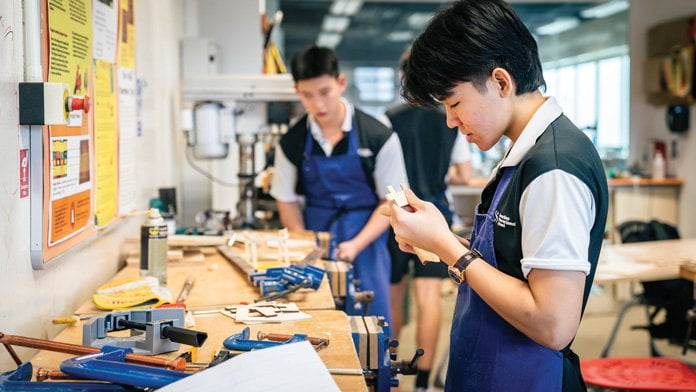
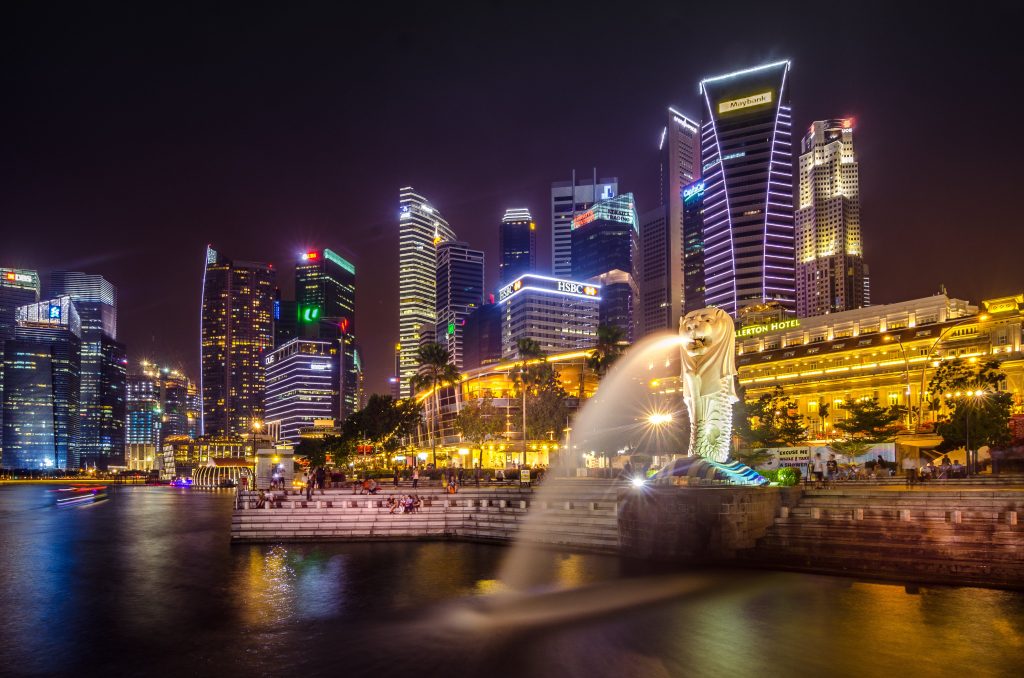 Moving to Singapore as an expat can be both exciting and daunting. Singapore is a vibrant city known for its status as a global financial hub and its diverse cultural melting pot.
Moving to Singapore as an expat can be both exciting and daunting. Singapore is a vibrant city known for its status as a global financial hub and its diverse cultural melting pot.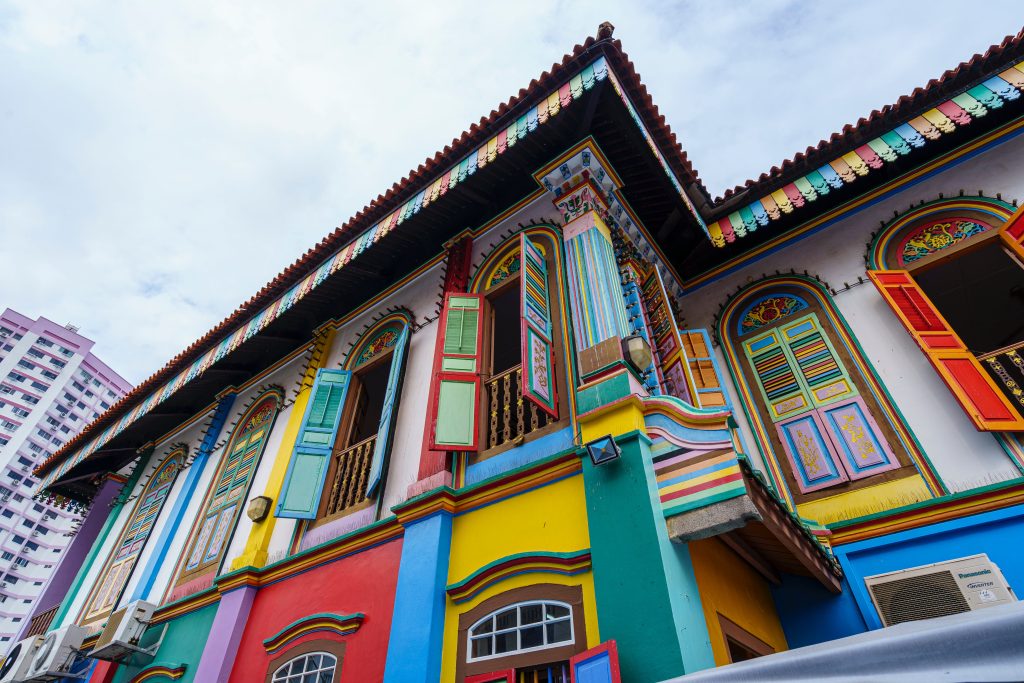 Expat Essential 4: Culture & Language
Expat Essential 4: Culture & Language
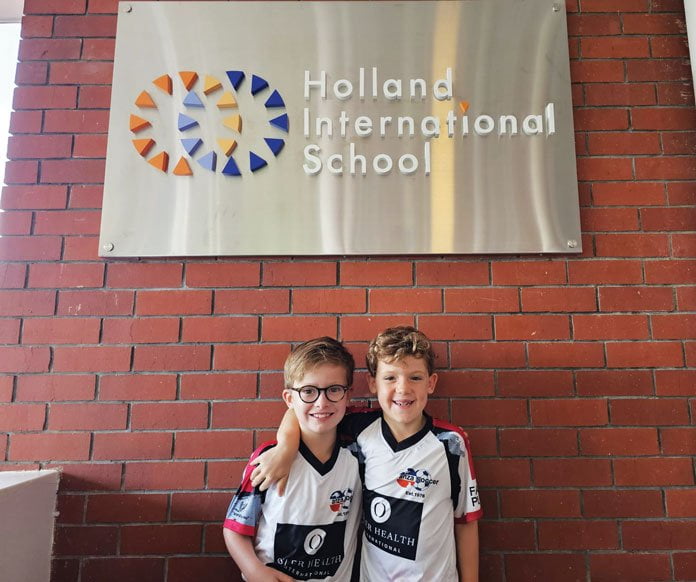

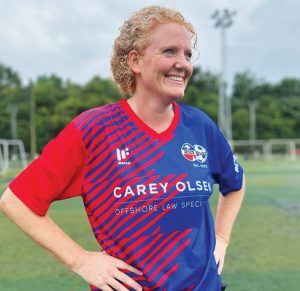
 Our journey with
Our journey with 
 Dr Natalie Hutchins is a British GP doctor with a background in obstetrics and gynecology. She is passionate about women’s health. Dr Hutchins is based in Osler’s Star Vista clinic. Tel: 6339 2727.
Dr Natalie Hutchins is a British GP doctor with a background in obstetrics and gynecology. She is passionate about women’s health. Dr Hutchins is based in Osler’s Star Vista clinic. Tel: 6339 2727. For more information
For more information 
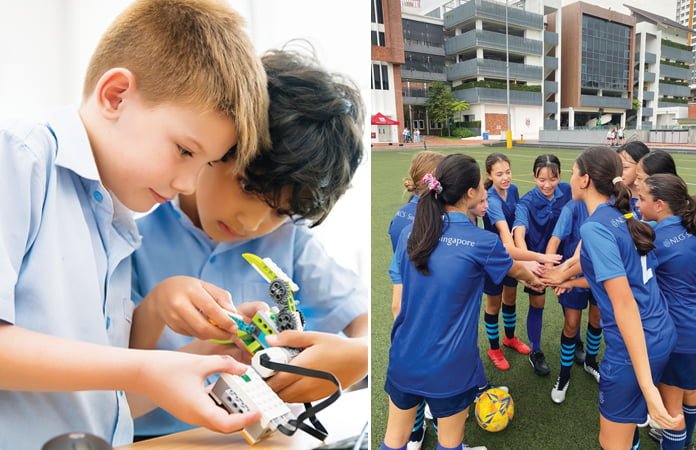
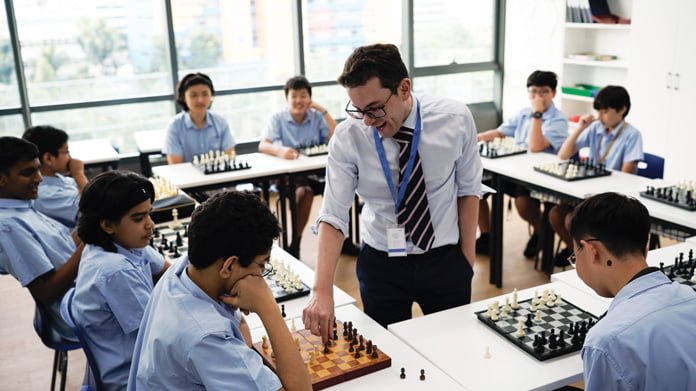
 North London Collegiate School (Singapore)
North London Collegiate School (Singapore)